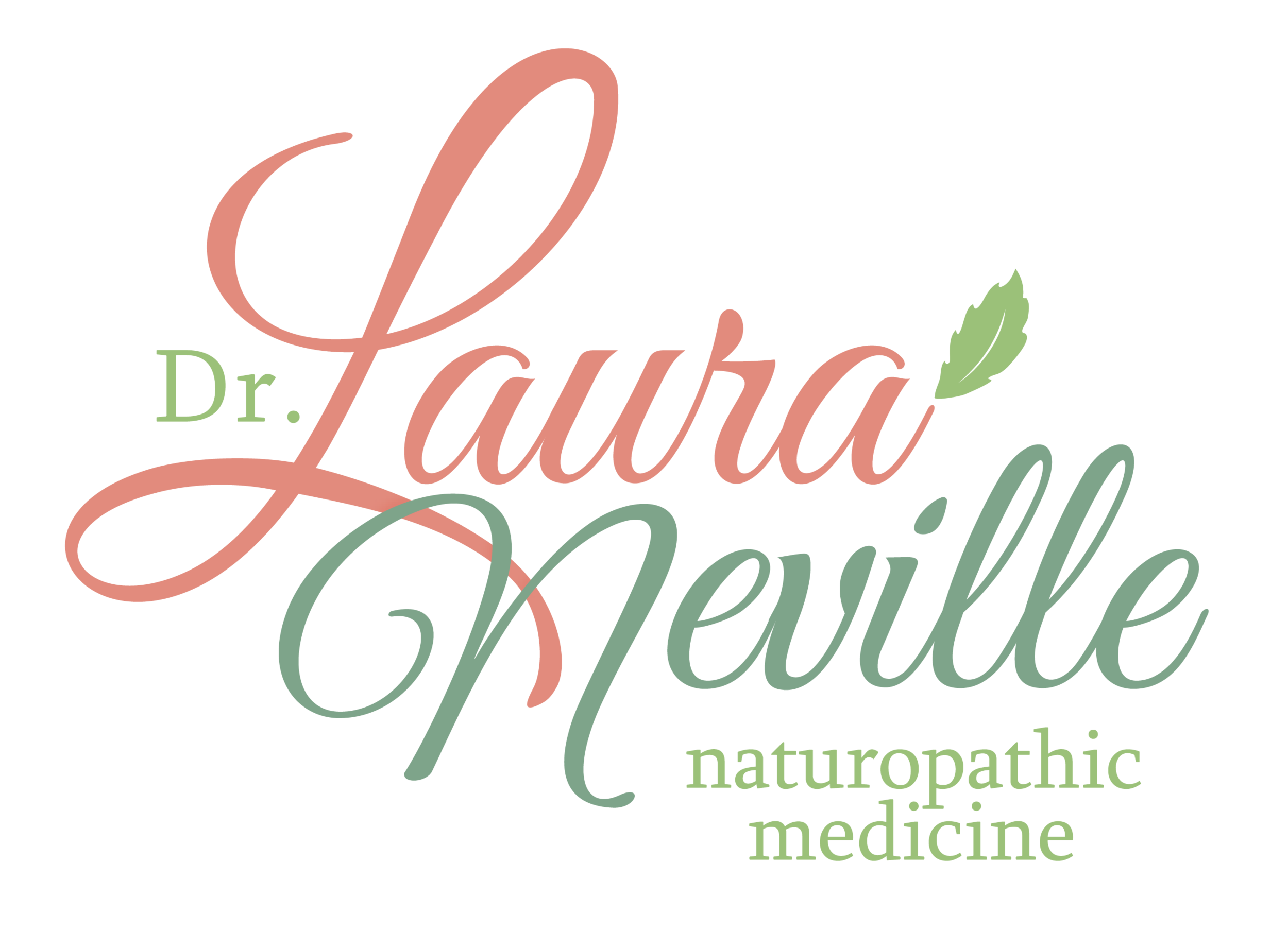Anti Aging.. Can We Slow The Process?
I think we would be lying if we said we didn’t want to reverse or at least slow the aging process. Maybe not for vanity sake, but we want to live a LONG AND HEALTHY life… to be vital until our last breathe.
But if we are disillusioned with the propaganda of expensive serums, face-lifts and the idea that aging is 100% related to genetics, where do we turn?
The answer might surprise you.
Patchouli and a briefcase
I’ve always considered myself a 50/50 mix of scientist and hippie. Too structured for patchouli oil but too woo-woo to carry a briefcase. Too “Gap” for underarm hair but too heart-centered for data and number analysis alone. I felt too “girl-next-door” when I lived Los Angeles but a bit shunned when I wore make-up to naturopathic medical school in Portland, Oregon.
My very wise Aunt told me “Oh, that’s just the Norwegian in you… to feel like you don’t quite belong anywhere.” Perhaps this is why a recent article from the Blue Zones Project (link below) grabbed the attention of my scientific head and my hippie heart.
To summarize this article…
Elizabeth Blackburn won the 2009 Nobel Prize in Physiology or Medicine for her work in discovering telomerase, an enzyme that can protect and rebuild the telomere. Telomere shortening/dysfunction is recognized as a key process in aging.
Since her original discovery, studies have shown that bursts of the stress hormone cortisol dampen the activity of telomerase while at the same time, oxidative stress and inflammation directly erode telomerase. In the end, all of this stress has health consequences. Osteoarthritis, diabetes, obesity, heart disease, Alzheimer’s and stroke have all been linked to short telomeres.
Studies show women who experience stress while pregnant have children with shorter telomeres. This is in direct opposition to the standard view that traits can only be passed on via genes.
In one study, Blackburn looked at mothers caring for ill children. The more stressed the mothers said they were, the shorter their own telomeres and the lower their levels of telomerase.
“Feeling stressed doesn’t just damage our health – it literally ages us.”
This is what lengthens telomeres…
The scientist in me wanted to scour the literature to discover a treatment for shortened telomeres, but as I read the article, I realized that the closest thing we have found to lengthening telomeres leaves hard-core scientists uneasy.
“Trials suggest that exercise, eating healthily and social support all help. But one of the most effective interventions, apparently capable of slowing the erosion of telomeres – and perhaps even lengthening them again – is meditation.”
Opposites attract
Scientists are not often into spiritual or metaphysical belief systems. They are grounded in the physical world; they seek measureable and definable characteristics. Meditation usually causes a bunch of eye rolls from the more pragmatic among us.
Blackburn says, “People are very uncomfortable with the concept of meditation...Ten years ago, if you’d told me that I would be seriously thinking about meditation, I would have said one of us is loco.”
In fact, some aren’t so impressed with her work. Surgical oncologist David Gorski is a well-known critic of alternative medicine and "pseudoscience". He has previously described Dean Ornish as “one of the four horsemen of the Woo-pocalypse”. He’s given caution in regards to Blackburn’s findings, saying it’s too early to give credit. Sounds like the voice of a true scientist. A voice of black and white, with no grey tone.
I’ve always noticed what gets scoffed at early on in any field of work is often what gets celebrated years later. Once the dust has settled.
I felt for Blackburn. To be such a renowned scientist, well respected in her community, but now deeply involved in what goes against the grain. She likely felt lost, like she didn’t quite fit in any longer. Too structured to be a Buddist monk but too far outside the box for those like Dr. David Gorski.
Lofty goals
Nonetheless, research into mindfulness-based stress reduction is gaining steam. Findings have reported a range of health effects from lowering blood pressure and boosting immune responses to warding off depression. Some studies show that even short courses of meditation can forge structural changes in the brain.
In an ambitious project, Blackburn and her colleagues sent participants to meditate at the Shambhala mountain retreat in northern Colorado. Those who completed a three-month course had 30 percent higher levels of telomerase than a similar group on a waiting list.
Back down to Earth
Now, while a meditation retreat is one of the best health therapies in existence in my opinion, you don’t necessarily need to get to Shambhala to experience the benefits. 10 minutes of daily guided meditation with an app can yield direct health benefits. I take this not only from published scientific papers, but also from health improvements I’ve seen in my patients and in myself.
I’m a fan of HeadSpace, HelloMind, Calm, Sanity and Self and 10% Happier. Download one of these apps now- it’s a simple and easy way to reduce stress on a daily basis.
This is my work as a Naturopathic Physician. To marry the old and new, the science and the woo. To give credit to the grey area. To never shun the possibility of the impossible.
Meditation giving rise to health is a place where everyone fits in perfectly.
Article link:
Can Meditation Really Slow Aging?
It’s always a great idea to check in on our hormones. Please click below to grab your free cheat sheet!
